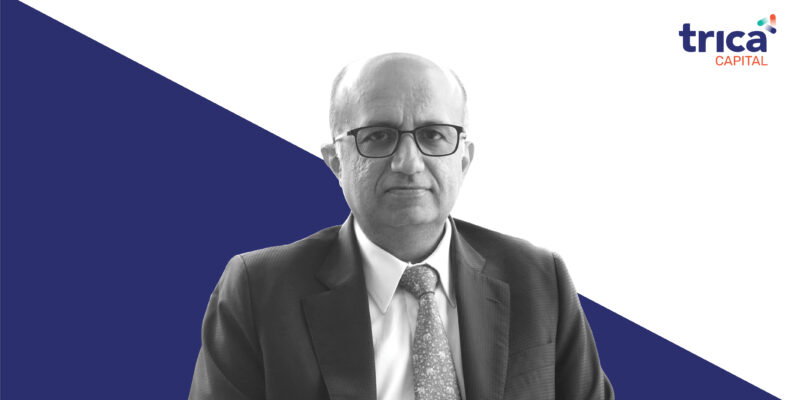
Indian family offices need a concrete plan for private market investments: Sudhir Kapadia
2021 was an exceptional year for the startup space. With people and businesses starting to bounce back after the pandemic, the year opened doors to new avenues of business, and we saw a meteoric rise in investments and the success of startups and tech companies. These changing business dynamics look promising, especially for India. Over 50% of unicorns were created in India in 2021, taking the count to 78 in November 2021.* Reports suggest that India is likely to have 150 unicorns by 2025 and about 10,000 Ultra High Net worth Individuals (UHNI) with a cumulative wealth of $700 billion by 2024. The numbers are staggering, and investment opportunities are higher than ever. Perceiving these market dynamics, we took the opportunity to partner with LetsVenture’s trica for preparing this detailed report — ‘The Private Market Monitor’ on how family offices and UHNIs in India are allocating their assets in the private market and their major concerns. India currently has 140+ formalized family offices that invest, grow and transfer UHNI wealth, but not all UHNIs operate through a Family Office. The report brings together historical trends in this space, delvesinto the decision-making process, and highlights how investments are evolving in the private market.
The survey brings to fore that listed securities, fixed income and startups/VCs are the main areas where family offices and UHNIs have allocated their assets. Vis-à-vis investment in private market space, we see a steady increase and optimism. FinTech, Enterprise Tech and Consumer Tech are frontrunners for current and future investments, which is no surprise considering the digital transformation the pandemic has accelerated.
Along with direct investment into startups, many family offices channelize their investment into the startup space through VCs, for better due diligence. Insufficient internal resources and low success with direct deals have prompted them to rely on VCs. In our engagement with several family offices, we have gathered that most of them are becoming self-reliant and investing in digital tools for more informed decisions. Through ‘The Private Market Monitor’ survey, family offices and UHNIs have expressed their concern over regulatory issues including growing tax complexity and uncertainty in the wake of the pandemic.
Most family offices use operating costs and percentage growth in AUM as the two main metrics to measure their performance. Additionally, we see a rise in family offices deploying several strategies to optimize and measure non-financial performance. They are planning to secure their legacy in multiple ways, and many are making investment decisions based on environmental, social, and governance (ESG) factors.
The family offices in India have a long way to go to improve their non-financial factors, but they have their mind set at the right place. They have recognized the importance of ethical impact and sustainability. However, the time is now, and family offices should have a concrete plan in place.
With the steady rise in the number of family offices in India, economists believe that they will play a vital role in reviving the economy. We sincerely hope that this Survey report brings you insights to these changing market dynamics and the survey findings render thinking points for future consideration. We are grateful to the participants of this survey, comprising leading family offices and UHNIs, for their cooperation and sharing with us their perceptions and opinions.
The next five years look favourable, and we may get to witness a substantial growth in the technology startup space. With the proper market infusion, India may be on a similar path as the US. With more family offices and UHNIs moving away from traditional investment routes, the private market shows potential with high returns








